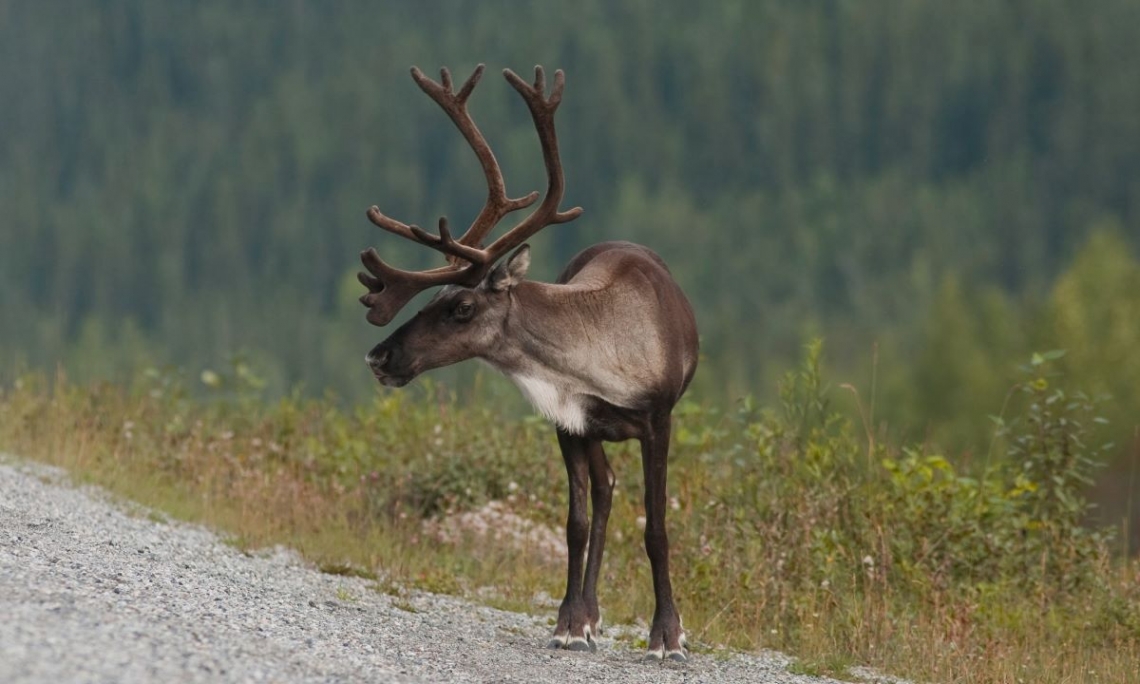Caribou Migration, Subsistence Hunting, and User Group Conflicts in Northwest Alaska: A Traditional Knowledge perspective


Project Objectives:
Purpose of this Study:
Project Outcomes or Intended Outcomes:
The Noatak Caribou Traditional Knowledge Project documented a wealth of knowledge by local Noatak hunters about a range of topics ‒ on caribou behavior, migration, and hunting practices. The study also documented the interactions and experiences of local hunters with non-local hunters and commercial operators working in and near the Noatak National Preserve.
The findings of this study show that caribou hunters of Noatak are concerned that caribou migration is changing. These changes are seen to be due to a number of factors, but mostly because of the presence of aircraft and non-local hunters in the region. Predation by wolves and bears, climate change, and habitat change were also identified as having negative impacts to caribou migration and caribou hunting. Noatak hunters reported that safety and harvest of caribou largely determine what makes for a successful caribou hunt. Noatak hunters reported that these changes have resulted in a decrease in harvesting caribou, with hunters having to go on longer and more caribou hunting trips, and seeing more people out while hunting. Local and non-local hunters often used the same areas along the Noatak River, both inside and outside special areas, such as the National Park Service Commercial Use Area and the Noatak Controlled Use Area, and often during same hunting seasons (fall). Noatak hunters have specific ideas on how management of caribou hunting could be improved and hope their ideas will be considered by decision makers.